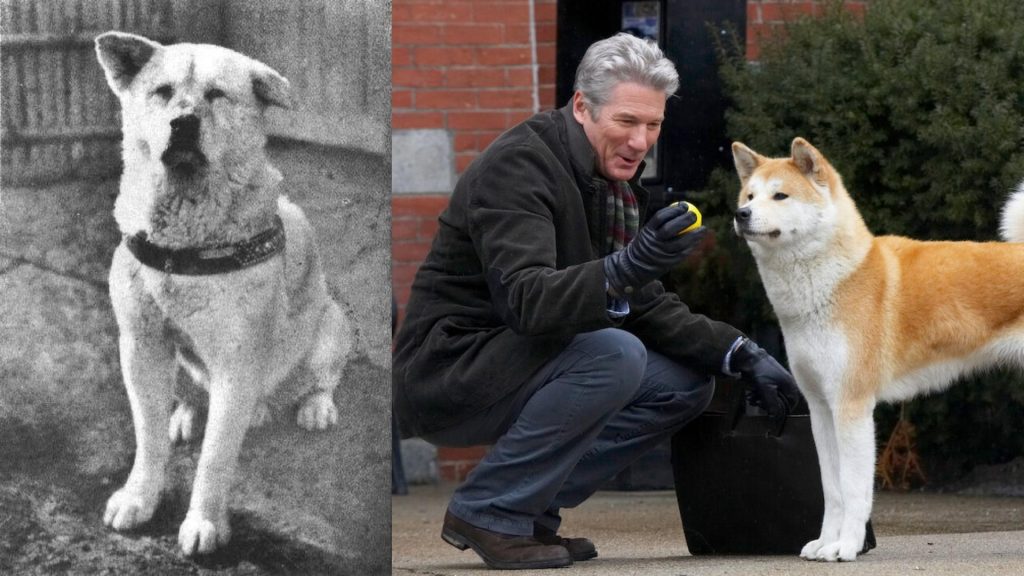In September 1976, the world witnessed an extraordinary event as more than one million people gathered at the Great Hall of the People in Beijing to bid farewell to Mao Zedong, the iconic leader of the Chinese Communist Party and Chairman of the People’s Republic of China since 1949. Mao Zedong’s Funeral marked the end of an era and the beginning of a new chapter in Chinese history.
The Humble Beginnings of a Revolutionary Figure

Mao Zedong, born on December 26, 1893, into a humble peasant family in the Hunan province of central China, would go on to become one of the most influential figures in modern history. Trained as a teacher, Mao’s early life experiences shaped his revolutionary spirit. His journey towards leadership began when he co-founded the Chinese Communist Party in 1921, setting the stage for profound changes in China’s destiny.
The Triumph of the Communist Party

Mao’s leadership came to the forefront after the Chinese Communist Party claimed victory in a grueling civil war against the nationalist party following World War II. This victory led to the establishment of the People’s Republic of China, with Mao as its revered leader. Under his guidance, China embarked on a transformative journey that would shape the nation for decades to come.
A Nation in Mourning

Mao’s passing on September 9, 1976, at the age of 82, marked the end of an era. During the eight-day mourning period that followed, an astonishing number of more than one million people came to pay their last respects. Mao’s body rested in a flag-draped coffin, solemnly displayed for the public to bid farewell.
A Moment of Silence in Tiananmen Square
The funeral proceedings commenced with a 30-minute public ceremony in the iconic Tiananmen Square. A poignant three-minute moment of silence enveloped the square, as the nation paid homage to their beloved leader. Reports indicated that nearly all of China’s 800 million residents stood in reverent tribute, demonstrating the profound impact Mao had on the nation.
A Solemn Tribute in Music
The funeral ceremony was accompanied by stirring music performed by an army band. The mournful notes of a funeral march resonated through the air, followed by China’s national anthem and the Communist anthem, the “Internationale.” This poignant musical tribute added to the somber atmosphere of the event.
A Historic Broadcast
In a historic moment, the entire funeral ceremony was televised live to the nation. This broadcast was a first for China, allowing the entire nation to participate in this solemn occasion. However, no foreign leaders were permitted to attend the service or the mourning period, highlighting the event’s significance as an internal affair of the Chinese people.
A Eulogy for the Ages
Hua Guofeng, China’s Premier and Communist Party First Vice Chairman, who had succeeded Mao as the leader, delivered a powerful eulogy. He spoke of the transformative impact of Chairman Mao’s leadership, stating, “It was under Chairman Mao’s leadership that the disaster-plagued Chinese nation rose to its feet. The Chinese people love, trust, and esteem Chairman Mao from the bottom of their hearts.”
In this momentous tribute, the nation collectively mourned the loss of a leader who had shaped the course of China’s history.
Conclusion
Mao Zedong’s funeral was a defining moment in Chinese history, where more than one million people gathered to honor a visionary leader. His humble beginnings, revolutionary journey, and profound impact on the nation were all reflected in this monumental event. The funeral underscored the deep respect and admiration the Chinese people held for Chairman Mao.



